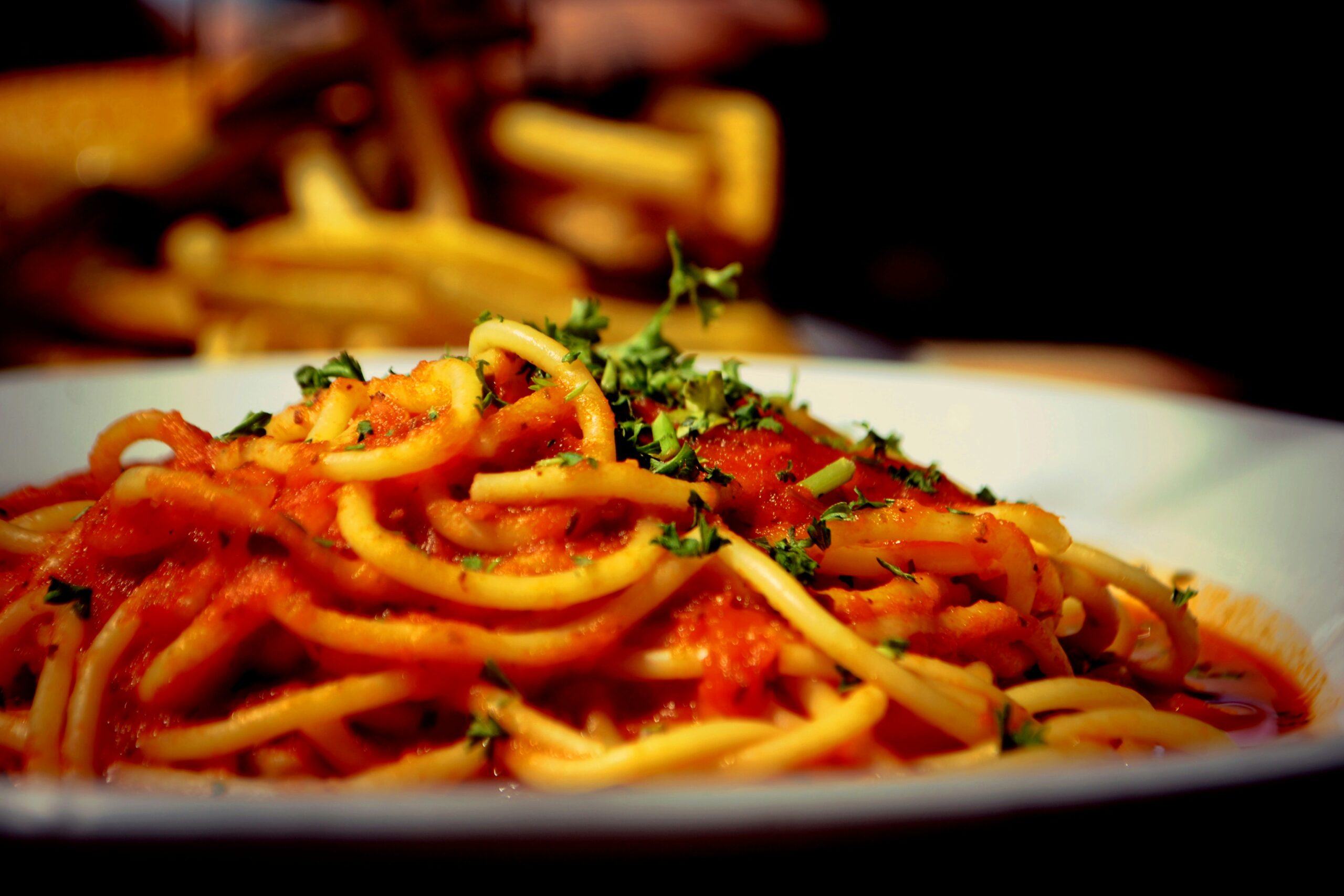
Zero Waste Pantry Pasta Recipe
Servings: 4 Ingredients 340g pasta (any variety you have on hand) 45ml olive oil (approx. 3 tablespoons) 3-4 cloves garlic, minced (or dried garlic powder if you don’t have fresh) 400g can of diced tomatoes
Imagine living alone in your 90s at the end of a 4WD track on the side of a mountain. While it’s been a tough couple of years for almost everyone, for people living in regional and rural areas it’s been particularly cruel.
Not only have they lived with the COVID pandemic, but they face natural disasters, rising costs and fewer support services. Joan, whose remote location leaves her utterly isolated, has come to rely on meal drops by her local neighbourhood house.
Lori White, manager of Gormandale Community House in Gippsland, says COVID changed everything. “When the pandemic hit, we closed. All we did was charity food work,” she said.
“Joan lives alone up on a dirt road the side of the mountain with no passing traffic. She is like a young child when she gets a FareShare meal delivery.”
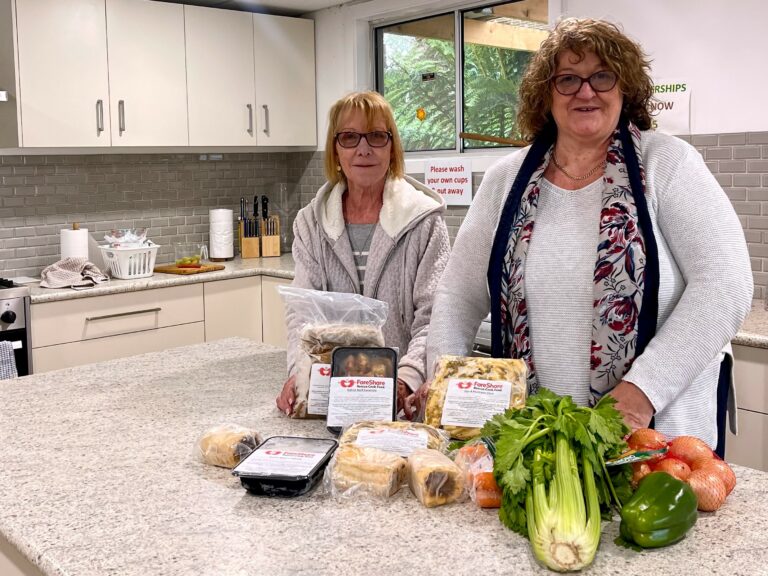
Lori has spent much of the past two years providing food relief – not only to local residents but more recently to families fleeing rising rents and costs in the city.
“There’s been a great shift in what neighbourhood houses are doing. I didn’t expect to be working in the charity food relief space but that’s what people need,” says Lori.
“Oh goodness, the elderly and sick people I help with your meals are absolutely over the moon that they do not have to cook.”
Lori says the local community doesn’t like to ask for help. “People are very proud. They don’t want people to know they are in a bad situation. I have to be discreet. I keep telling them, you can’t work when you’re hungry.”
She says poverty is less conspicuous than in the city where people can be seen sleeping on the streets. Here, they are more likely to be camping or sleeping in the car.
“FareShare is an absolute blessing – a little place like this runs on what you give us and the donation box.”
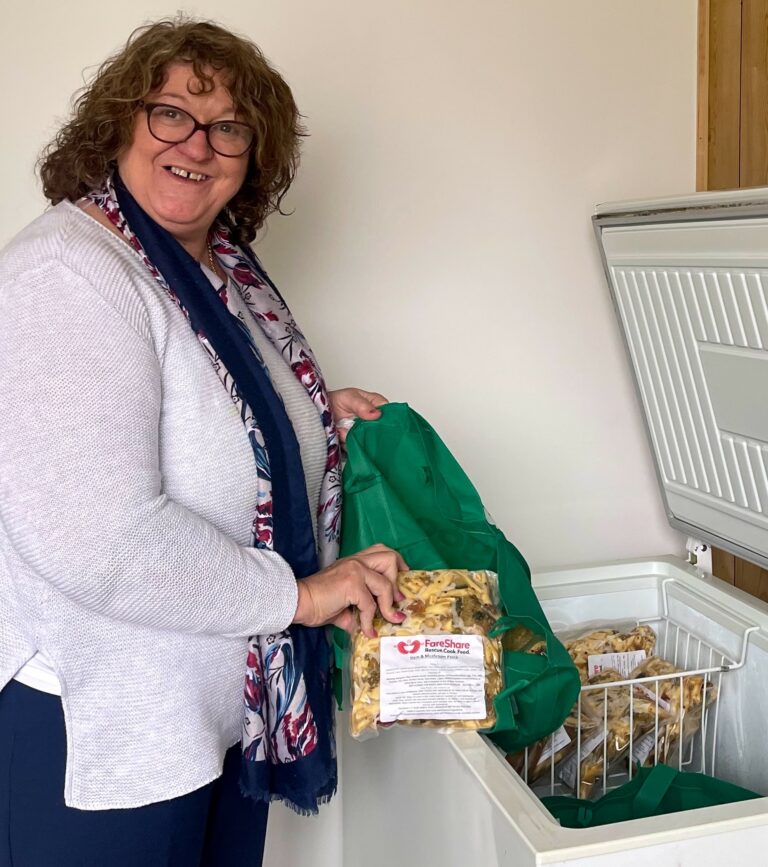

Servings: 4 Ingredients 340g pasta (any variety you have on hand) 45ml olive oil (approx. 3 tablespoons) 3-4 cloves garlic, minced (or dried garlic powder if you don’t have fresh) 400g can of diced tomatoes
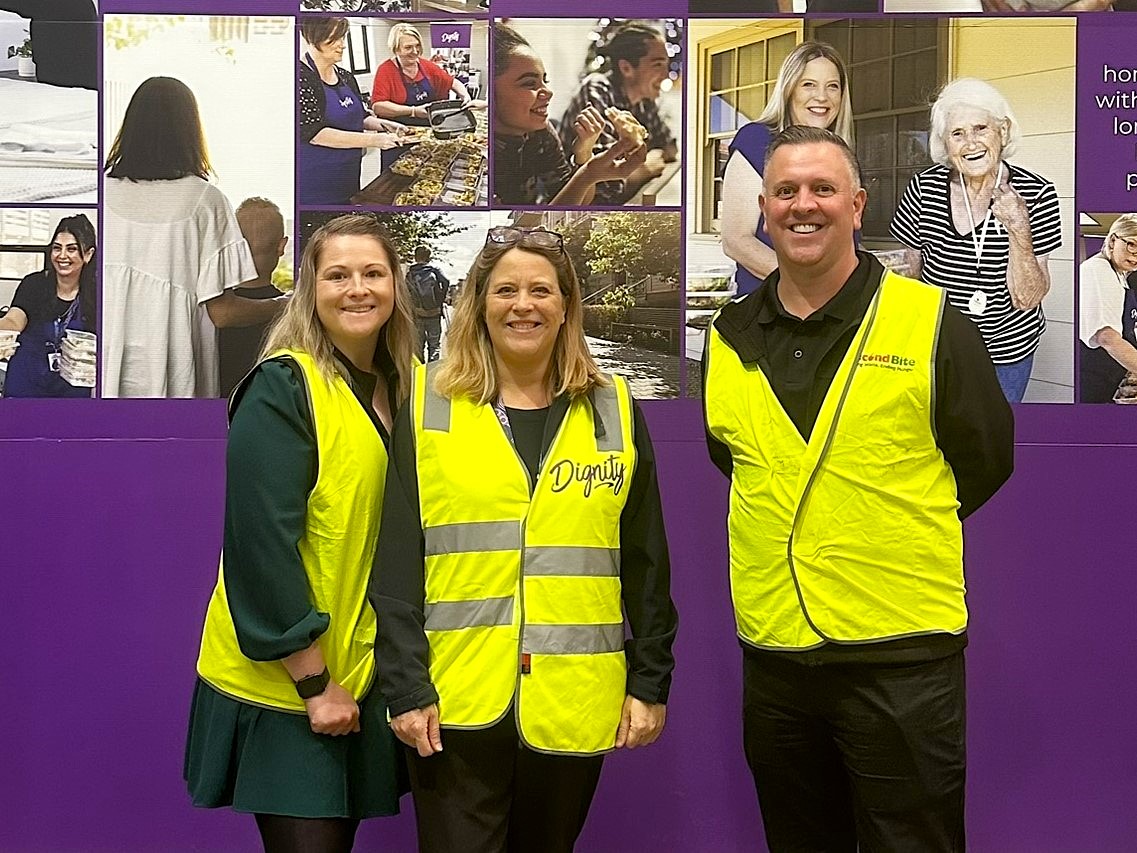
FareShare expands its reach to complement SecondBite produce at NSW homelessness support charity Dignity Capitalising on SecondBite’s extensive infrastructure and networks, which includes dozens of trucks and more than 1,000 charity partners, FareShare meals have
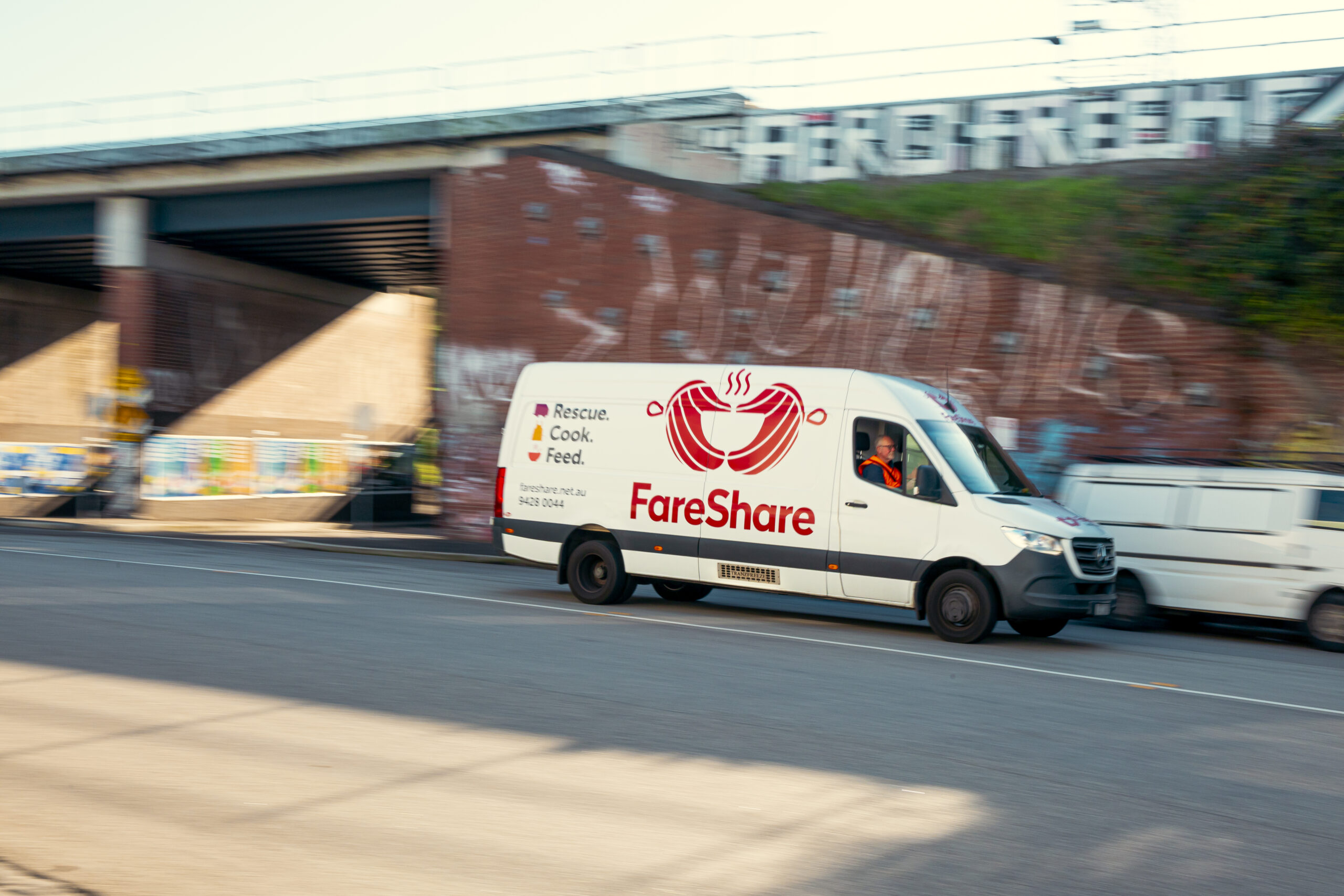
5 things FareShare is looking forward to in 2025 2025 is shaping up to be a big year for FareShare. Here are five things we are looking forward to: 1. Ramping up production in our